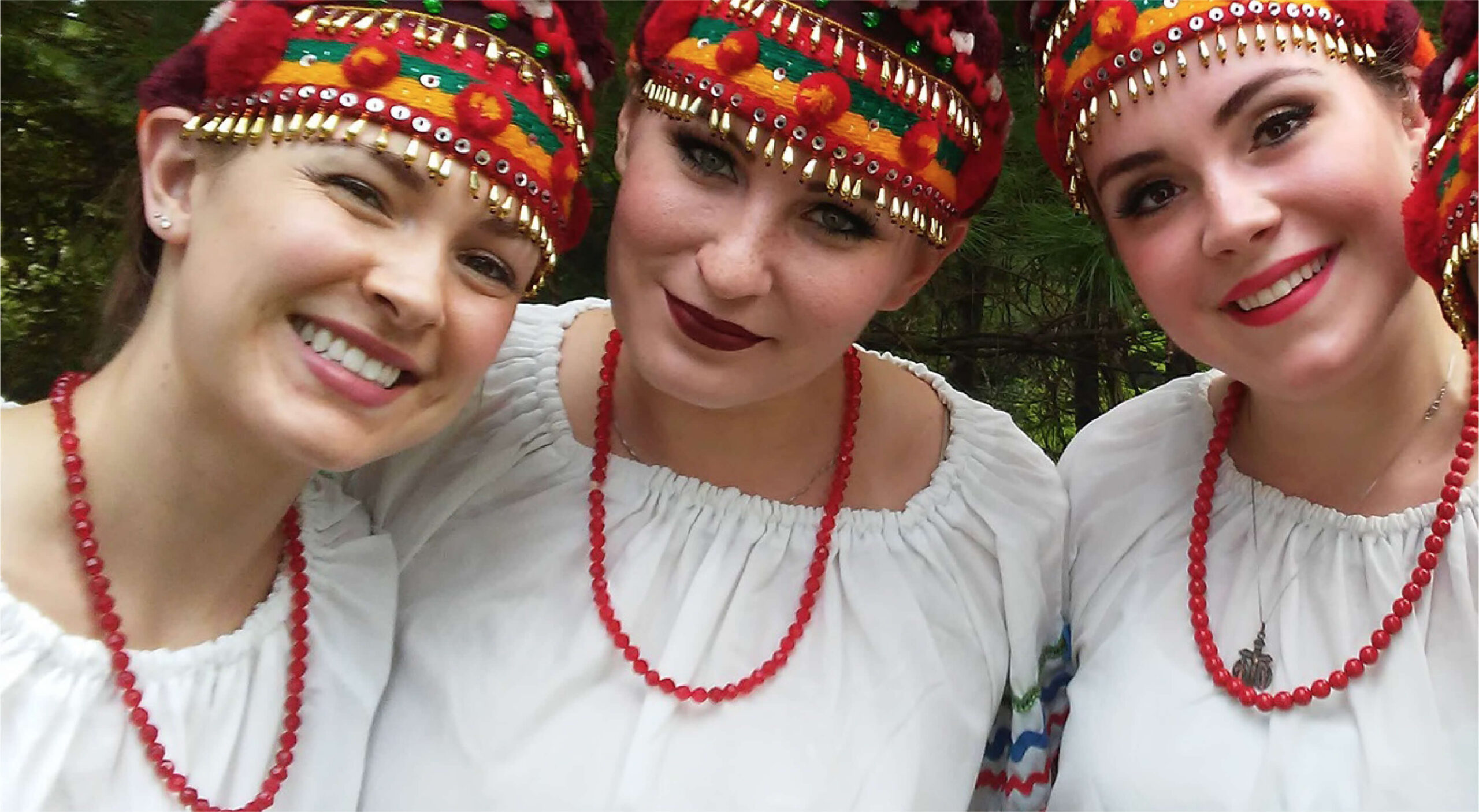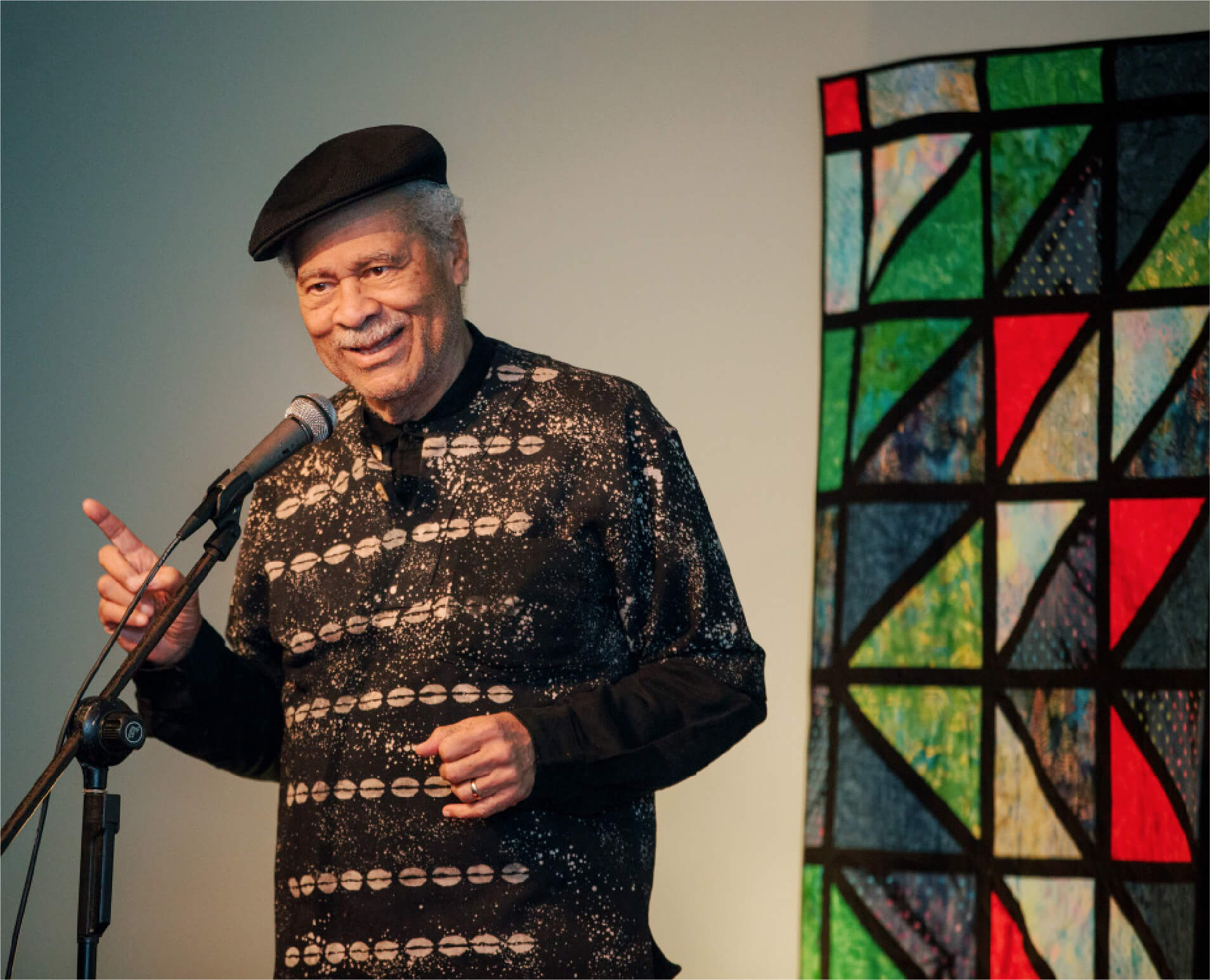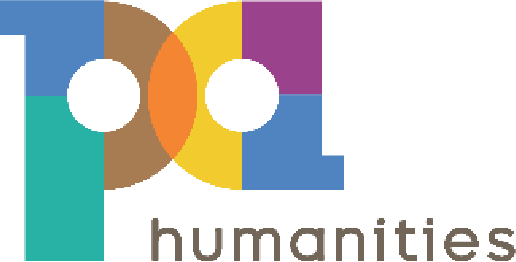Section 1 – About the PA Humanities Discovery Project

The PA Humanities Discovery Project is a research effort conducted jointly by PA Humanities and researchers at Drexel University’s Antoinette Westphal College of Media Arts & Design. It had three project goals: to map, network, and celebrate the humanities landscape; to build a more inclusive and connected community for sharing, learning, and advocacy; and to tell the story of the humanities in Pennsylvania.
Through surveys, focus groups, and listening sessions, the project seeks to better understand who across the state is building community using the humanities (even if they wouldn’t necessarily call it the humanities) and how cultural and humanities practices are used by people in their professional or volunteer work. PA Humanities embarked on this research to strengthen its voice for the cultural sector as part of its recovery and growth initiatives, as they provided emergency relief, built networks, and shared resources that helped communities and organizations pivot and sustain themselves in the wake of the COVID-19 pandemic.
The PA Humanities Discovery Project is grounded in a participatory research design and an emergent strategy that focuses on people, not organizations. The findings bring to light transformative discoveries and critical issues by looking at how Pennsylvania’s humanities practitioners view, value, practice, and study the humanities. They have powerful implications for how to move forward as a field and the future health and well-being of our communities.
This research is being undertaken at a critical juncture in the humanities, when their existence and value is being called into question and debate. It provides PA Humanities, and other advocates, with a solid foundation for reframing the humanities – and our humanity – as a human right that is essential for creating meaningful change, addressing social challenges, and promoting human flourishing. The PA Humanities Discovery Project is an invitation for you to participate in this conversation and join the movement.
Visit DiscoveryProject.info to learn more.
Click the Word in the bubble below to get more insight from the project participants

We use storytelling to show the impact of our work, to share the significant changes in the community, and to empower our neighbors.”
Research Team
 The project was led by PA Humanities’ Executive Director Laurie Zierer and a collaborative team that spanned programs, research, communications and advocacy, including Dawn Frisby Byers, Nick Crosson, Jennifer Danifo, Katie Jean, Karen Price, Taylor Tolton-Kain, and Jared Valdez. PA Humanities is an independent nonprofit and official federal-state partner of the National Endowment for the Humanities. They champion the humanities as a means to build community, educate, inspire, and make change.
The project was led by PA Humanities’ Executive Director Laurie Zierer and a collaborative team that spanned programs, research, communications and advocacy, including Dawn Frisby Byers, Nick Crosson, Jennifer Danifo, Katie Jean, Karen Price, Taylor Tolton-Kain, and Jared Valdez. PA Humanities is an independent nonprofit and official federal-state partner of the National Endowment for the Humanities. They champion the humanities as a means to build community, educate, inspire, and make change.
 Julie Goodman and Andrew Zitcer are faculty in Drexel University’s Antoinette Westphal College of Media Arts & Design. They led the development, deployment, and interpretation of the survey and focus group instruments. They were supported by research assistant Allison Wright. Jason Schupbach, Dean of Drexel’s Westphal College, helped to convene the advisory groups and served as counsel to the project. The mission of the Antoinette Westphal College is to unlock the creativity of critical thinkers, makers, and creators who connect ideas and solve real-world problems, transforming careers and lives.
Julie Goodman and Andrew Zitcer are faculty in Drexel University’s Antoinette Westphal College of Media Arts & Design. They led the development, deployment, and interpretation of the survey and focus group instruments. They were supported by research assistant Allison Wright. Jason Schupbach, Dean of Drexel’s Westphal College, helped to convene the advisory groups and served as counsel to the project. The mission of the Antoinette Westphal College is to unlock the creativity of critical thinkers, makers, and creators who connect ideas and solve real-world problems, transforming careers and lives.
Participatory
emergent strategy
The PA Humanities Discovery Project was built on the principles of emergent strategy and a participatory research design. Emergent strategy is a term associated with the work of activist and writer adrienne marie brown that describes emergence as a process by which, through sustained interactions, individuals create patterns that are more sophisticated than what could have been created alone. Emergence is beyond what the sum of its parts could even imagine. PA Humanities adopted the practices of emergent strategy in their participatory, collaborative community programs like Chester Made and PA Heart & Soul. Both projects are built on process and trust, meaning that emerging learning and real-time discoveries are integrated into the work. The Discovery Project adopted this approach, relying on the advisory boards for close communication about the project’s design, implementation, interpretation and dissemination. Survey respondents and focus group participants also joined in engaging listening sessions to maximize the opportunity to learn with them.
Elements of Emergent Strategy
- Harnesses collective wisdom and creativity
- Emphasizes flexibility, trust, and incremental progress
- Ongoing dialogue and power-sharing
- De-centers the expert, embracing continual
learning and real-time adjustments - Elevates diverse voices and experiences,
fostering equity and empathy
Guided by values
Over the last decade, PA Humanities has explored the applied humanities over more traditionally defined approaches to the humanities. Creative and artistic practices, storytelling, historical perspectives, personal interpretation, generative brainstorming, and deliberative conversations are the tools that culture and the humanities provide to people every day to make a difference, enact change in their communities, and build a movement together. By moving beyond discipline-centered practice, PA Humanities helps communities build relationships, make spaces for new voices, create empathy and a sense of belonging, support vibrant local communities, foster resiliency and healing, develop leadership skills, improve critical thinking and instill educational tools, and challenge prejudices. The Discovery Project’s goals were informed by PA Humanities’ mission to champion a redefinition of the humanities and their core values of putting people first, innovating and growing, sharing tools, and building networks.
Inspirations
The PA Humanities Discovery Project is part of a broader effort by humanities councils and academic researchers to understand the state of the humanities in the public and on college campuses. It was particularly inspired by two prior reports that framed our inquiry process and shed light on the power of the humanities to drive community development, social equity, and change. The first was the groundbreaking study by Indiana Humanities called Humanities at the Crossroads: The Indiana Case Study, released in January 2014. Humanities at the Crossroads inquired about the work of organizations involved with the humanities in Indiana. The Discovery Project departs from this approach by focusing on practitioners, using more open-ended questions, and adding focus groups to share experiences in real time.
The second inspiration was PA Humanities’ report Humanities in Action: A National Perspective, released in 2022 in collaboration with PennPraxis at University of Pennsylvania’s Stuart Weitzman School of Design. This report gives national context to PA Humanities’ work and shows that the humanities can be a force for equitable social change, and demonstrates synergies between the humanities and the broader field of community development. It also discovered through on the ground interviews that the humanities, although practitioners did not usually identify with the term “humanities,” were being used through storytelling to understand identity and create empathy and connection for leadership development, transformation of place and organizations, centering people’s perspectives, healing practices, and changing the narrative in community-based work.
What are the applied Humanities?
The PA Humanities Discovery Project seeks to understand how practitioners use the applied humanities in their work. This subset of the public humanities is distinct from traditional academic disciplines, although it borrows their content and tools. The applied humanities use people-centered, action-oriented, and skills-building activities to disrupt power dynamics, foster equity, promote grassroots community planning, and catalyze social change through collaboration and inclusivity.